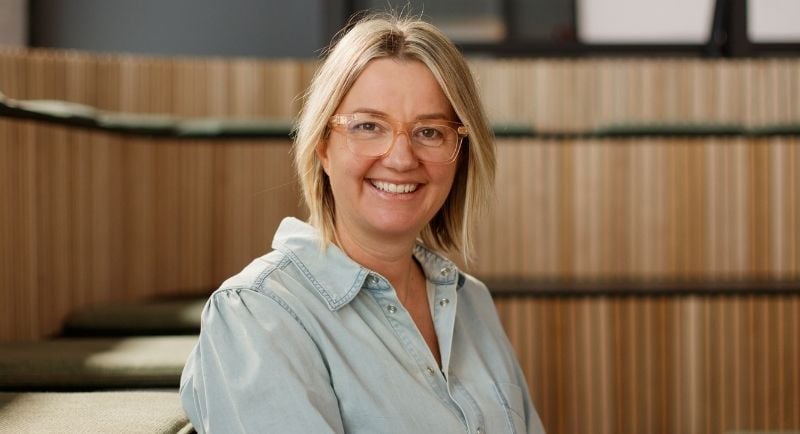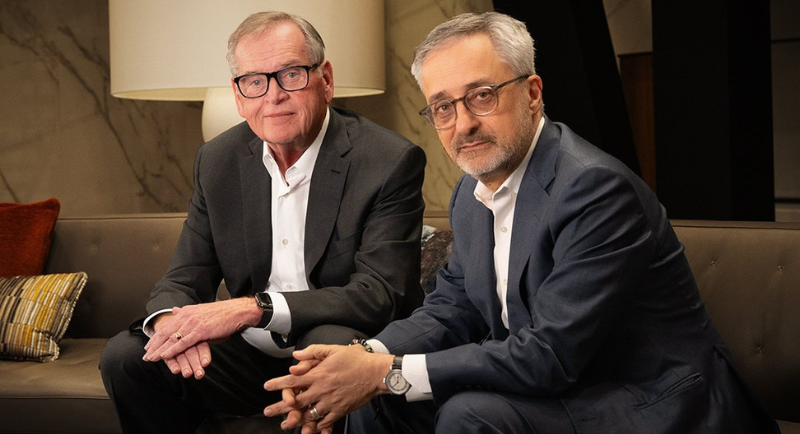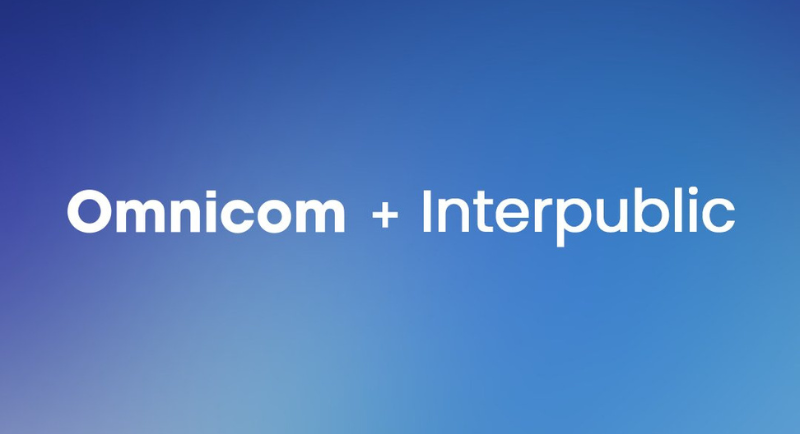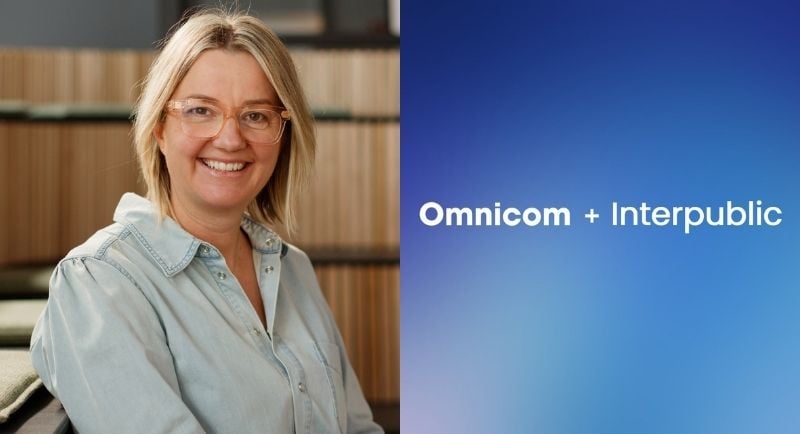Omnicom’s acquisition IPG. Inc was approved by the US Federal Trade Commission (FTC) late last month, and for one indie agency founder the local industry’s silence on the matter and its potential impact in the local market has been deafening.
The acquisition, valued at $20.6 billion, makes the combined holding company the industry’s deepest bench of marketing talent of over 100,000 practitioners, broadest services including data, advertising and branding, and brings together Interpublic agencies such as Initiative, R/GA and UM with Omnicom’s stable including OMD, PHD and BBDO.
But the lucrative merger also includes a clause that stops the newly merged business from refusing to work with platforms or publishers because of political content or ideology.
This means agencies under the new Omnicom business cannot refuse an advertiser’s request to place ads with certain media outlets based on the advertiser’s own political views or beliefs.
While the lucrative deal technically applies to the US, it has the potential to impact the newly merged company’s Australian agencies.
Jen Sharpe, founder and managing director of independent agency Think HQ, spoke to Mediaweek about the potential flow on effect of the clause on Australian agencies and businesses, the role of local indie agencies and what the future of holding companies looks like.

Jen Sharpe
Mediaweek: How concerned should the industry?
Jen Sharpe: I guess the answer to that is how much does the industry actually care.
In the lead up to and through COVID, the industry lent into this idea of purpose with aplomb. It became a really popular positioning to take with clients.
Obviously, the cost-of-living-crisis happened and there was a very quick pivot away from purpose by a lot of agencies, which for me was pretty telling in that if purpose as a core value is genuine, then it’s going to remain central whether there’s a cost-of-living-crisis or not.
And so overall that made me question what the moral compass of the industry is and maybe that’s why so few people have actually spoken out about this merger.
MW: Given Australia has a specific vernacular, is this global merger a threat to Australian businesses and cultural nuances in advertising?
We know for the big global networked agencies, it’s very hard for Australian offices to have much agency when they have regional and global mandates and directives.
I think the creative work itself can still be culturally nuanced, but the business operations and the commercial realities of these global agencies will significantly impact where investment is directed and how much agency their Australian teams actually have.
Having contemporary, clever creative relies on having a diverse workplace, and I think the industry has shifted a little bit towards understanding and recognising the value of a diverse workplace.
But if DE&I initiatives are getting cancelled at a head office level, does that mean that we’re going to go back to a less inclusive environment?
That in itself, I think, has the potential to limit the creative capability of the global agencies in Australia.
MW: Could the FTC clause on political neutrality affect how global holding companies operate in Australia?
The FTC clause technically only applies within the US market, but in an increasingly global ecosystem, the ramifications for Australian businesses, I think, are really clear.
The sheer scale of compromise contained within the clause represents an inflection point for our industry and public discourse. These decisions have been made halfway around the world, dictated by a government that Australians didn’t vote for.
It directly conflicts with what Australians actually want to see in this country.

John Wren and Philippe Krawkowsky
MW: What are ways Australian leaders and individuals can navigate this?
JS: From an independent agency point of view, I think it’s about demonstrating and communicating that independents have agency over their agency.
They’re able to pick and choose the clients that they work with, and they’re able to pick and choose the media that these clients will advertise on.
While this might not be important for a certain cohort of businesses in Australia, there’s a whole other cohort where this conflict in values is going to be unacceptable, that includes people like B Corps, governments, healthcare providers, not-for-profit organisations that will not want to be working alongside organisations that are a detriment to the problem they’re trying to solve.
MW: Will this sentiment be a factor in where individuals choose to work? Will indie agencies see a rise in talent?
JS: That’s what I’m predicting. Just because agencies themselves have pivoted away from the positioning of purpose since the cost-of-living-crisis – employees – particularly the new generation of employees, are looking for greater value and meaning beyond the profitability of the agency they’re working for.
They’re looking for something more meaningful in their job and I’m not sure how many new graduates coming through and junior staff are going to be happy to be working on for example, a tobacco-funded campaign and being told that they actually have no choice and the agency has no choice.
For the senior managers, it puts them in a really tough position because there’s so many good people managing at the top of these agencies.
My guess is they’ll have to try to balance the influence from the global headquarters versus the diverse motivations of their staff. It will inevitably come to a conflict.
MW: What role do independent agencies play and how are they solution?
We’re going to double down on our DE&I work as others withdraw theirs. We’ll partner fearlessly with Australian organisations and governments to deliver work that remains free of conflict. We will be inclusive of all Australians (which just all happen to be consumers as well). We don’t apologise for being a profitable business, but for us, it’s not profit-at-all-costs.
Since 2010 when I launched the business, I’ve always been very clear that I didn’t want that inherent conflict internally because how can you truly put all your energy into a campaign that is fundamentally conflicting against another campaign that you’re running in the same business.
MW: As a leader, do you find it easy or hard to draw that line in the sand and make those stances?
JS: We don’t live in a perfect world, and as we’ve grown to over 100 staff now, we have a template with a list of questions that we ask ourselves as an agency around the client, the motivations and the impact that it has in the community and on the environment.
We’ll go through and answer all those questions and have it available for the rest of the team to view, because nothing and no one is free from conflict.
Not everything that government does is perfect. Not everything that business does is perfect, and not everything that not-for-profits do is perfect either. It’s about finding authenticity and a commitment to doing good. And avoiding those who are clearly and unapologetically creating harm to the community and the environment.
It’s about understanding what your own boundaries are as an agency and sticking to it.

MW: In your opinion, what does the future look like for holding companies?
JS: I think there’s always obviously going to be a room for global holding companies, particularly for those global brands that are looking to have footprints around the world.
From a values perspective in Australia, if Trumpism and its influence continues to pervade hold cos, clients are going to be faced with choosing between a no values (but let’s call it for what it is- conservative values) agency, or an independent agency that can deliver with discretion.
I do see the industry moving towards being more project based and Village models, I’m not sure if global hold cos are actually set up all the way from structure to reporting to delivery to be able to be able to thrive in this new environment.
MW: Are we going to see more mergers or will holding companies continue to consolidate by acquiring successful indies?
JS: I’m seeing less tack-on acquisitions in the market at the moment. There’s such a fixation on AI and we’re all figuring out the impact it’s going to have across holding companies and independents.
For hold cos, I think there’s no doubt the focus will be on productivity gains, which will inevitably result in restructures/retrenchments and potential mergers. I think there’s a lot more consolidation to go, but there have always been phases of hold cos consolidation for as long as I’ve been in the industry.
From a values perspective though, this is the first time in 15 years that I’ve clearly seen that there’s going to be a huge difference in the market between hold cos and independents, and we are going to seize the day, as should every other independent.
Top image: Think HQ founder Jen Sharpe
